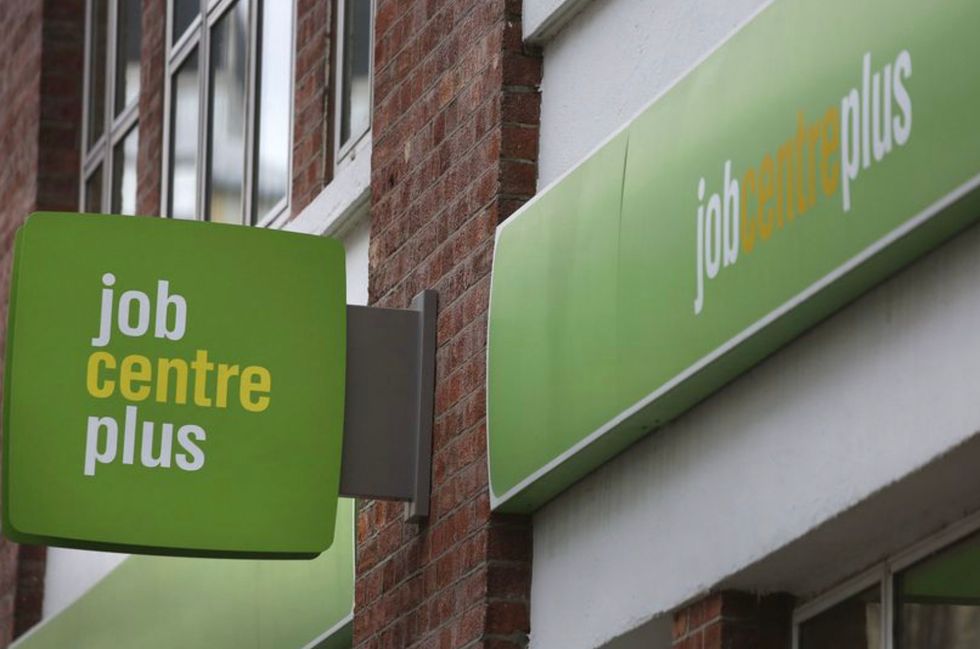Unemployed, disabled and Travellers ‘more likely to experience discrimination’ - study finds


People who are unemployed, those with disabilities, non-Catholics, non-Irish and young adults had a higher likelihood of experiencing some form of discrimination in the previous two years, a report has found.
The study compiles data from a number of sources to provide information on the experience of discrimination reported by three groups – people aged 18 years and over, children aged 12 to 17 and Travellers and Roma.
The report also provides findings on attitudes and perceptions regarding discrimination in society.
It found that from 2004 to 2019, 12% to 18% of adults reported experiencing some form of discrimination in the previous two years, most commonly when accessing services.
Of adults who had experienced some form of discrimination, only one-third reported that they understood their rights under the equality legislation “a lot”.
A majority of adults who had experienced discrimination took “no action”.
In the Health Behaviours And School-Aged Children Study (HBSC) study of children aged 12 to 17, children most commonly reported receiving unfair treatment due to “age”.
Certain groups such as girls, children with a disability, immigrant children and Traveller children were more likely to experience unfair treatment on specific grounds than the general population.
In the National Traveller Community Survey, a majority of Travellers reported experiencing discrimination by the gardai, and pub and hotel staff, although a lower proportion of Travellers reported they had experienced this in the past year.
In the Survey Of Roma And Travellers In Six Countries, Travellers living in Ireland were more likely than the survey average to have experienced discrimination due to being Roma or Traveller in the previous 12 months.
Around three-quarters of Travellers living in Ireland reported experiencing discrimination when trying to rent or buy houses in the previous five years.
A slightly higher proportion of respondents in Ireland than across the European Social Survey reported that everyone in the country has a fair chance to achieve the job or education they seek.
However, a majority of respondents in Ireland also reported that discrimination due to ethnic origin, skin colour or being Roma was “widespread”.
In the National Survey Of Public Attitudes To Disability, a majority reported that people with disabilities in Ireland do not have equal opportunities in terms of education or employment.
The report also found that, in 2019, 17% of people aged 18 and over living in Ireland reported having experienced some form of discrimination in the previous two years, compared to 12% in 2014.
Those who had a non-white ethnicity were most likely to experience some form of discrimination, at 33%, followed by those who were unemployed at 30%.
People aged 65 years or older were the least likely to report experiencing discrimination at 11%.
Children from less advantaged social class backgrounds were the most likely to have experienced discrimination on the basis of “place of birth of self, parent or grandparent” at 30%, compared to 24% among children from the most advantaged social class backgrounds.
Minister for Children, Equality, Disability, Integration and Youth Roderic O’Gorman, who published the report, said: “The numbers of Travellers reporting experiences of discrimination are particularly stark and unacceptably high and this should prompt widespread reflection.
“But knowing is not enough, we must do and this report will inform a number of strategies including the National Traveller and Roma Inclusion Strategy review this year.
“It is also important in the context of my department’s review of the Equality Acts.”